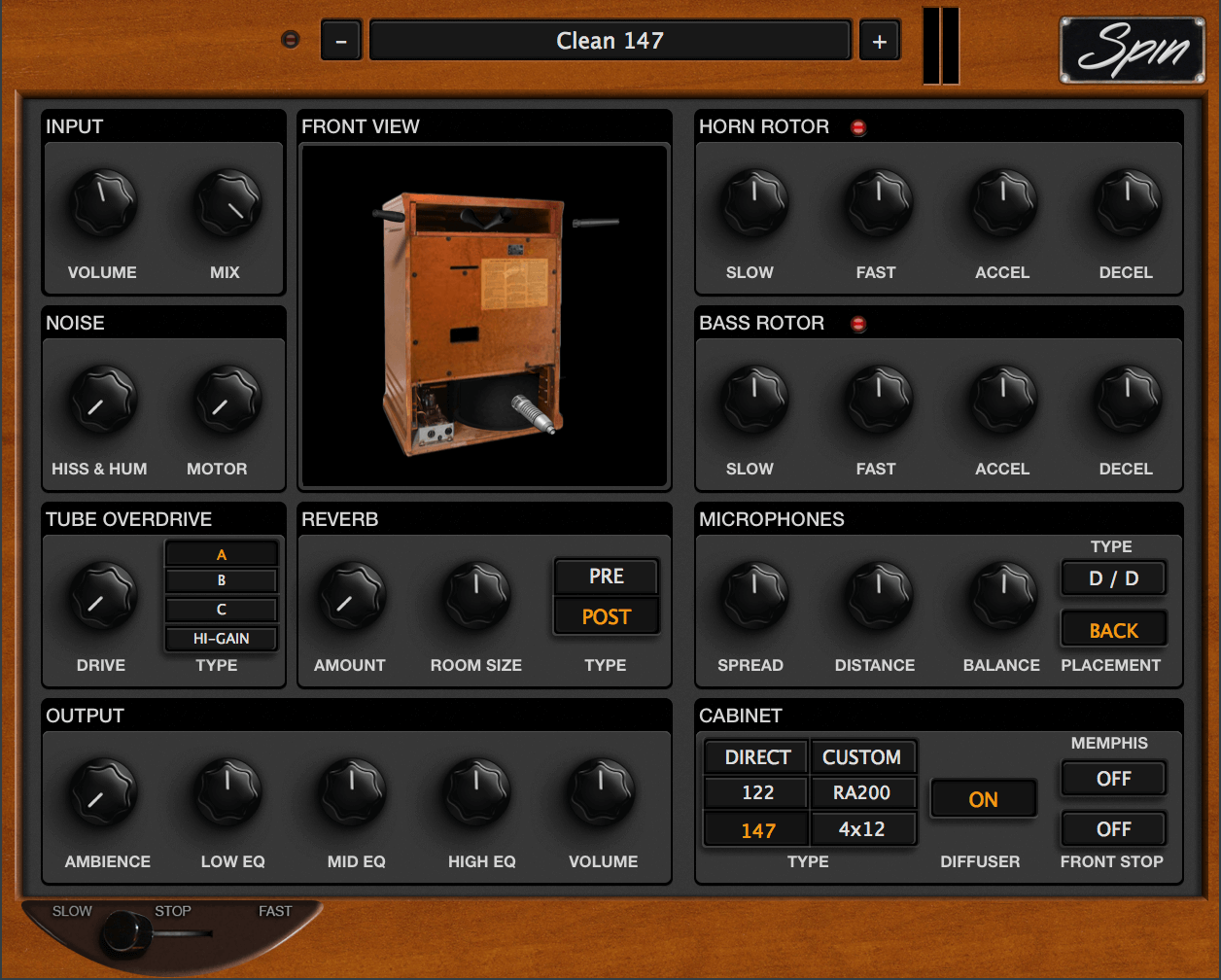Vst Plugin Speaker
VST stands for Virtual Studio Technology. There are three types of VST plug-ins:
VST Plug-in Standard Created by Steinberg, a German musical software and equipment company, the VST plug-in standard is the audio plug-in standard that allows third-party developers to make VST plug-ins. Users can download VST plug-ins on Mac OS X, Windows, and Linux. The vast majority of VST plug-ins are available on Windows. Stereo Tool is one of the most popular broadcast audio processors for FM and internet radio, and is our #1 top pick. It's available in several forms, including a VST plugin that brings world-class audio processing to Rocket Broadcaster. Stereo Tool offers a comprehensive suite of effects that makes audio consistent, clear, and warm to listen to. Search results showing free instrument VST Plugins, VST3 Plugins, Audio Units Plugins (AU), AAX Plugins and Rack Extension Plugins for Windows and MacOS. The results are sorted by most popular with KVR members (Data from MyKVR 'Favorites' Group).
SPAN Plus is a real-time “fast Fourier transform” audio spectrum analyzer AAX, AudioUnit and VST plugin for professional sound and music production applications. For the most part, it was derived from Voxengo GlissEQ dynamic parametric equalizer and reproduces its spectrum analysis functionality. FabFilter’s Pro-C 2 compressor is ideal as a staple VST plugin in your arsenal and works fantastically. It is ideal for any users as it shows exactly how, when, and why the compressor is doing certain things at certain times, and the flexibility of the plugin makes it great for use with any instruments and vocals. A separate binary distribution file is available for each target computer platform for each audio plug-in specification. This audio plugin can be loaded into any audio host application that conforms to the AudioUnit or VST plugin specification. RTAS compatibility is available by using the FXpansion VST-RTAS adapter. Size 4.64 MB Acoustica is a comprehensive audio editor for recording, editing, mixing and mastering. The intuitive user interface was designed with speed, accuracy and ease-of-use in mind and offers.
- VST instruments: These plug-ins generate audio and are either virtual synthesizers or samplers. Many VST instruments emulate the appearance and sound of famous hardware synthesizers. Popular VSP instruments include Massive, FM8, Absynth, Sylenth 1, Reaktor, Gladiator, Vanguard, and Omnisphere.
- VST effects: Effects process audio instead of generating it. VST effects function like hardware audio processors, like reverbs and phasers.
- VST MIDI effects:MIDI plug-ins process MIDI messages and send MIDI data to other VST instruments and hardware.
VST Plug-ins

VST plug-ins can be used within a digital audio workstation, in programs like Pro Tools and Logic. They’re frequently used to emulate hardware outboard gear such as compressors, expanders, equalizers, and maximizers. You'll frequently find these distributed to emulate certain models of hardware; there's some for vintage compressors, and you'll frequently find effects that emulate vintage hardware (both in instrumental and stompbox-like effects).
Think of VST plug-ins as really affordable ways to make your home studio sound like a really expensive commercial operation. Best free guitar preamp vst.
VSTi Plug-ins
Aside from VST plug-ins, you'll also find VST-instrument or VSTi plug-ins. These can emulate really cool, but expensive, hardware (like Hammond B3 and Nord Electro). The quality of these VSTi plug-ins can vary from acceptable to really poor; it all depends on the quality of your system resources (RAM and scratch space on your hard drive, for example), and how well-sampled the instrument is. You also want to make sure that your VSTi plug-in offers true polyphonic content, meaning you can make life-like chords that don’t sound too artificial.
Quality
https://equipmentsupernal.weebly.com/blog/vst-instruments-free-download-drums. There are thousands of plug-ins available. Some only take a few hours to produce and are free, but the quality is terrible. Some are made by huge companies and sound amazing, but are expensive. VST plug-in developers try to recreate the sound as closely as possible, but the original instrument is probably always going to sound better than the plug-in. You might be trying to get the rich, full-bodied sound of an organ, for example, but who owns an organ? No one has access to every type of instrument, so a plug-in will have to do. The good news is that VST plug-in technology is improving, so quality can only get better with time.
VST Plug-in Standard
Vst Plugin Speaker Phone
Created by Steinberg, a German musical software and equipment company, the VST plug-in standard is the audio plug-in standard that allows third-party developers to make VST plug-ins. Users can download VST plug-ins on Mac OS X, Windows, and Linux. The vast majority of VST plug-ins are available on Windows. Apple’s Audio Units are standard on Mac OS X (it’s actually considered a competing technology), and Linux lacks commercial popularity, therefore few developers create VST plug-ins for the operating system.
Vst Plugin Speaker Simulator
Where to Find VST Plug-ins
There are thousands of VST plug-ins available, both commercially and as freeware. The Internet is flooded with free VST plug-ins. Home Music Production and Bedroom Producers Blog have robust lists of VST plug-in recommendations, and Splice and Plugin Boutique also offer a ton of free plug-ins.